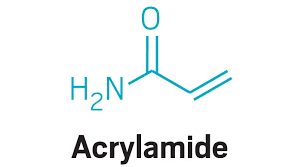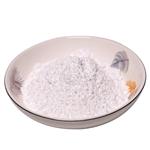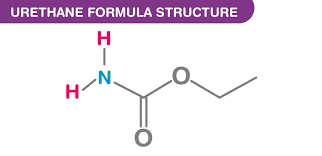Acrylamide and Cancer Risk
Oct 31,2019
Acrylamide is a substance that forms through a natural chemical reaction between sugars and asparagine, an amino acid, in plant-based foods – including potato and cereal-grain-based foods. Acrylamide forms during high-temperature cooking, such as frying, roasting, and baking.
In research studies, high levels of acrylamide caused cancer in laboratory animals, but the levels of acrylamide used in these studies were much greater than those found in human food. The FDA monitors levels of this contaminant in certain foods because of its potential to affect human health.

Acrylamide cause cancer
The International Agency for Research on Cancer (IARC) classifies acrylamide as a “probable human carcinogen.”
The US National Toxicology Program (NTP) has classified acrylamide as “reasonably anticipated to be a human carcinogen.”
The US Environmental Protection Agency (EPA) classifies acrylamide as “likely to be carcinogenic to humans.”
It’s important to note that these determinations are based mainly on studies in lab animals, and not on studies of people’s exposure to acrylamide from foods. Since the discovery of acrylamide in foods in 2002, the American Cancer Society, the US Food and Drug Administration (FDA), the World Health Organization (WHO), the European Food Safety Authority (EFSA), and many other organizations have recognized the need for further research on this topic.
So far, reviews of studies done in groups of people (epidemiologic studies) suggest that dietary acrylamide isn’t likely to be related to risk for most common types of cancer. But ongoing studies will continue to provide new information on whether acrylamide levels in foods are linked to increased cancer risk.
Health Risks from Acrylamide Exposure
Acrylamide has been shown to cause cancer in animals exposed to very high doses, and although there is no consistent epidemiological evidence on the effect of acrylamide from food consumption on cancer in humans, both the U.S. National Toxicology Program and the Joint Food and Agriculture Organization/World Health Organization Expert Committee on Food Additives (JECFA) consider acrylamide to be a human health concern.
As new research on the effect of acrylamide exposure becomes available, FDA experts will consider it in their continued evaluation of the risk that acrylamide may pose to human health.
- Related articles
- Related Qustion
- How to avoid exposure to acrylamide in food? Feb 26, 2025
Acrylamide is a recognized harmful compound with carcinogenic, genotoxic, neurotoxic and reproductive toxic effects.
- Acrylamide in Food Feb 23, 2022
Acrylamide is primarily used industrially to make polyacrylamide, which is mainly used in treating effluent from water treatment plants and industrial processes.
- Acrylamide-Health Hazard and Toxicity Sep 4, 2019
Acrylamide (or acrylic amide) is an organic compound with the chemical formula CH2=CHC(O)NH2. It is a white odorless solid, soluble in water and several organic solvents. It is produced industrially as a precursor to polyacrylamides, which
Styrene is one of the most important monomers produced by the chemical industry today. Styrene monomer is a basic building block of the plastics industry.....
Oct 31,2019Organic reagentsEthyl carbamate also known as urethane, is a contaminant naturally formed in fermented foods and alcoholic beverages during the fermentation process or during storage.....
Oct 31,2019APIAcrylamide
79-06-1You may like
- Acrylamide
-

- $10.00 / 25Kg/Bag
- 2025-06-20
- CAS:79-06-1
- Min. Order: 25KG
- Purity: 98%;25%~50%
- Supply Ability: 1000tons/month
- Acrylamide
-

- $0.00 / 1kg
- 2025-06-20
- CAS:79-06-1
- Min. Order: 1kg
- Purity: 0.99
- Supply Ability: 100tons
- Acrylamide
-

- $10.70 / 1KG
- 2025-05-26
- CAS:79-06-1
- Min. Order: 10KG
- Purity: 99%
- Supply Ability: 10000kg






